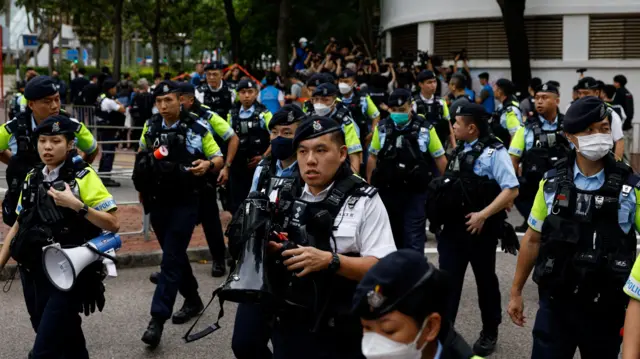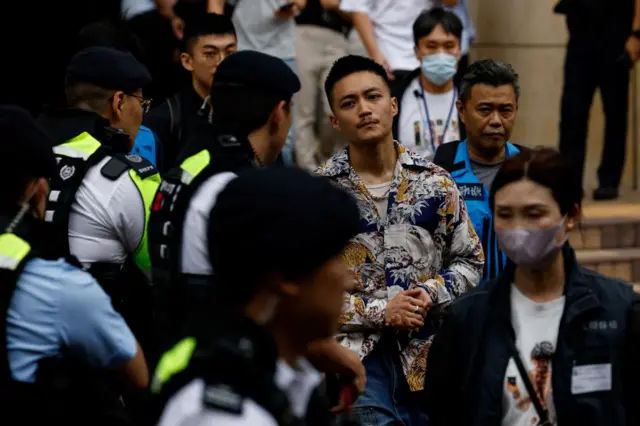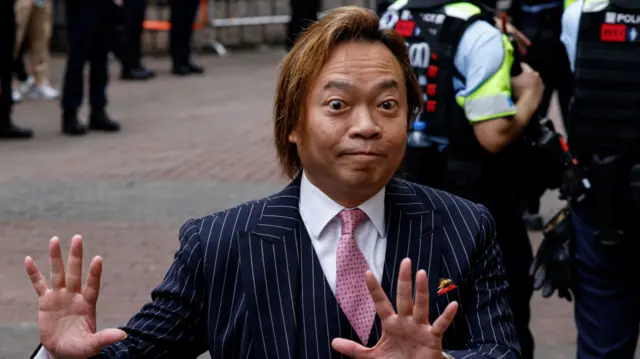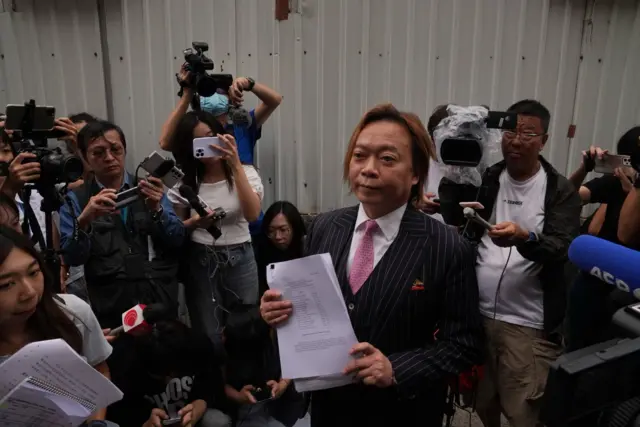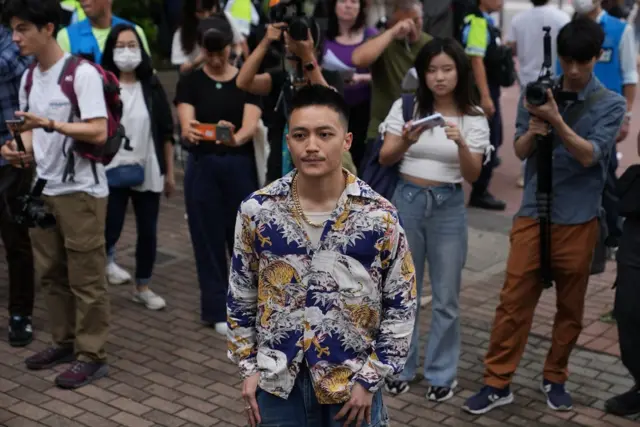Thank you for following our coveragepublished at 08:43 BST 30 May 2024
We are ending our live page on the Hong Kong 47 verdict. Here are the key points from today:
- A Hong Kong court has found 14 pro-democracy activists guilty of subversion
- Two others have been acquitted - though the Department of Justice later launched an appeal against this. They will remain on bail pending the determination of the appeal
- Thirty-one others had pleaded guilty earlier, and will be sentenced, along with the 14, at a later date
- All 47 were charged in 2021 with trying to "overthrow" the government by organising an unofficial election
- It is the biggest case under the China-imposed national security law (NSL), which critics say has crushed dissent in Hong Kong but which Beijing has described as necessary to maintain order
- The NSL was imposed in 2020, a year after Hong Kong was rocked by unprecedented anti-government protests
This page was brought to you by Joel Guinto, Frances Mao, Kelly Ng and Yvette Tan in Singapore, Martin Yip, Lok Lee and Grace Tsoi in Hong Kong and Nicole Ng in Sydney


